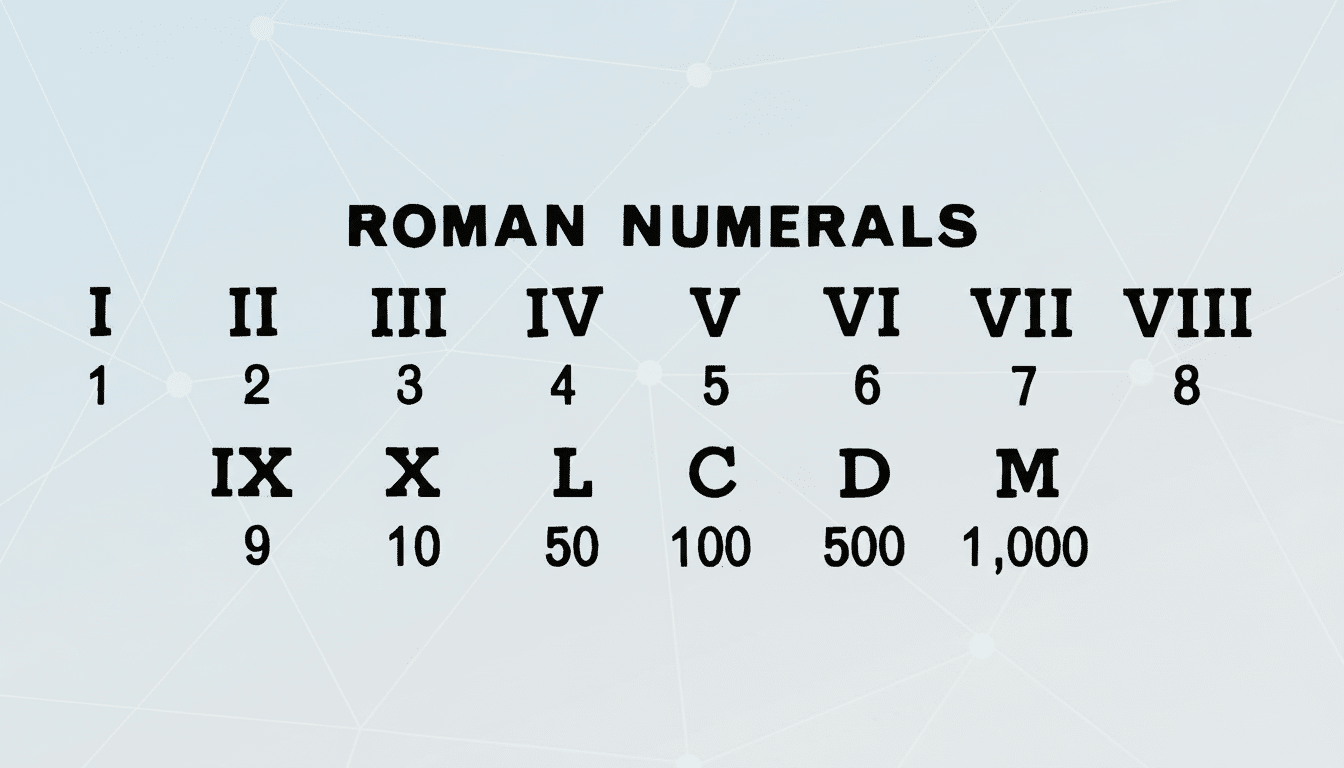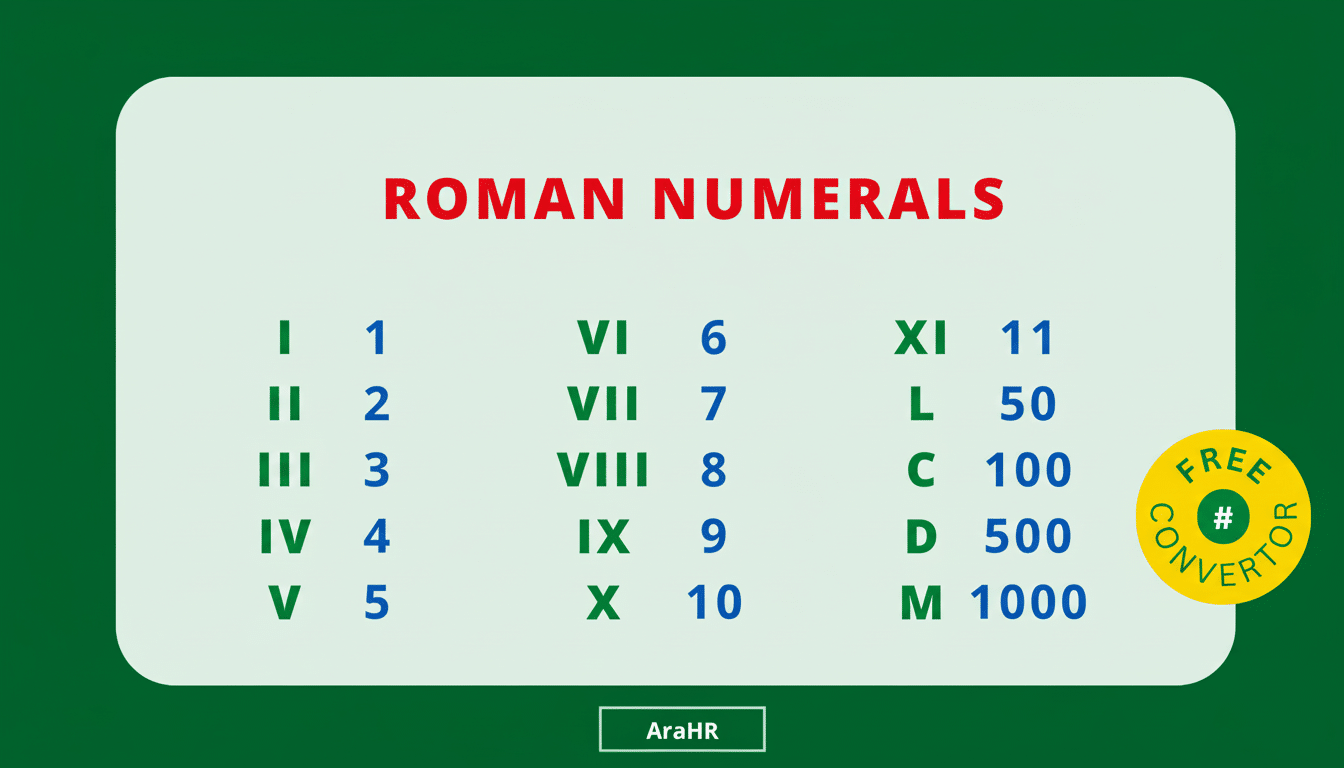Numeral, a company that wants to make it easier for businesses to deal with their messy spreadsheets, has raised $35 million in Series B funding.
The startup began life as Startup Accounting before pivoting out of Y Combinator’s demo day with a focus instead on spreadsheet data collection and automation. The Series B, which was led by Mayfield and also includes participation from Benchmark, Uncork Capital, Y Combinator and Mantis, values the startup at $350 million and comes just months after it raised an $18 million Series A.
Through deterministic tax rules coupled with machine intelligence, the company — led by former Airbnb product leader Sam Ross — manages end-to-end workflows of tracking law changes across thousands of jurisdictions, categorizing products and services, filing returns, remitting payments and responding to state notices. Numeral, which lets companies create mobile applications with a few lines of code rather than hundreds or thousands of them, reports having grown its revenue 3.5 times in the last year and secured over 2,000 paying customers, such as Eight Sleep, Graza Olive Oil and Manus.

Global coverage is a key differentiator, according to the company. Beyond U.S. sales tax, Numeral is expanding into VAT and GST filings and already supports customers that sell into markets like Tanzania and Kenya, where companies have in the past relied on local CPAs.
Why sales tax is fertile ground for AI-driven automation
American sales tax is famously complicated. After the Supreme Court’s South Dakota v. Wayfair decision, sellers can be required to collect sales tax in states where they only have customers but no physical presence. With all but five states and the District of Columbia having sales tax — and more than 11,000 state and local taxing jurisdictions — the rule set is broad and fluid.
Complexity doesn’t end with rates. “Taxability” depends on the item and context: the New York Department of Taxation and Finance famously treats a whole bagel differently from a sliced, prepared one. Digital goods, subscriptions and usage-based software add further complexity, while thresholds for an “economic nexus” vary state by state. The Government Accountability Office has reported that businesses incur substantial compliance costs post-Wayfair, including mid-market sellers seeking to grow on a national scale.
And that variability makes for a brittle workload for finance teams: monitoring state bulletins, reconciling transaction data across storefronts and billing systems, preparing hundreds of returns a year, fielding audit notices. It is structured enough to be automated, but sprawling enough that manual algorithms fail at scale — a perfect target for AI combined with strict rules.
Inside Numeral’s approach to AI-powered tax automation
Numeral is a model that combines a rules engine with machine learning and document understanding. Models index SKUs and services to jurisdiction-specific taxability codes, identify when sellers trigger nexus thresholds, and generate returns that accord with each state’s schema. Another layer is the tax mail ingestor and triager, where we extract deadlines and actions from PDF notices and portal messages.
The company says that sales tax automation, as a category, is particularly resistant to AI “hallucinations” because it’s grounded in statutory and regulatory source material. Where uncertainty does come up — gray line product taxonomy is one example — human-in-the-loop workflows and audit trails offer checks and balances. This hybrid set-up is intended to maintain the system’s accuracy as states update rules or create categories for new digital products.

On the integration side, Numeral connects to ecommerce platforms and billing systems to extract transaction data and push journal entries to ERPs. A growing collection of connectors are developed for popular stacks to help combat some of the manual reconciliation work that is typical, and that undermines tax filings.
A crowded field — and Numeral’s global expansion play
Sales tax automation has heavyweights and hungry upstarts. Avalara was acquired and taken private by Vista Equity Partners, which then apparently explored putting it back into public markets; Stripe purchased TaxJar to improve its native tax operations. Anrok is specifically addressing SaaS tax, while Zamp is constructing a modern compliance workflow. Sovos is still a longstanding compliance company across tax streams.
Numeral’s bet is that full-stack automation plus international reach will differentiate it. Several tools are still U.S.-centric or (like Pendulum) lean on partners for VAT and GST filings; Numeral is making the bet that it’s worth investing in direct multi-country support, including less standardized regimes. That pitch appeals to both digital-first companies, which sell globally from day one and don’t want to stitch together regional vendors, and older traditional businesses that are looking to expand into new markets.
What the new funding will support at Numeral
Look for the capital to fund three priorities: increasing jurisdictional coverage, adding global VAT/GST capabilities and increasing automation around edge cases like exemptions, resale certificates and marketplace facilitator rules. The firm will also probably invest in audit readiness—clean data lineage, reconciliations, and notice management—all areas where FCL often feels under-resourced.
For a mid-market seller active in dozens of states, filings can easily reach into the hundreds per year once monthly and quarterly cadences across jurisdictions are factored in. Shifting the burden of classification, filing and notices from a company to a service can mean there is significant alleviation in headcount pressure and penalty risk — something that may be even more important as state revenue departments increase enforcement efforts and expand digital tax bases.
The bottom line on Numeral’s $35M Series B raise
Compliance isn’t sexy, but it is mission-critical. Numeral’s raise highlights a broader trend: the migration of AI from flashy demos toward the back office, where deterministic rules and painful manual labor make automation an instant win. In a market influenced by Wayfair and continuous policy churn, the winners will marry reliable tax logic with enterprise-grade workflow — and show they can scale it globally.

